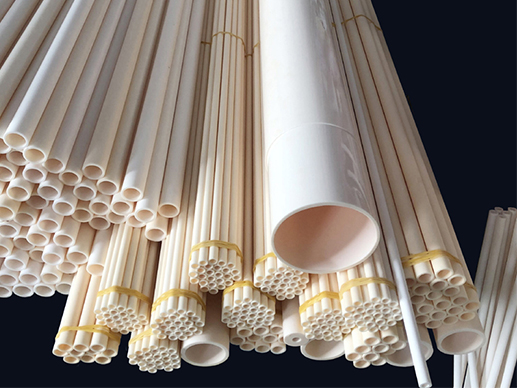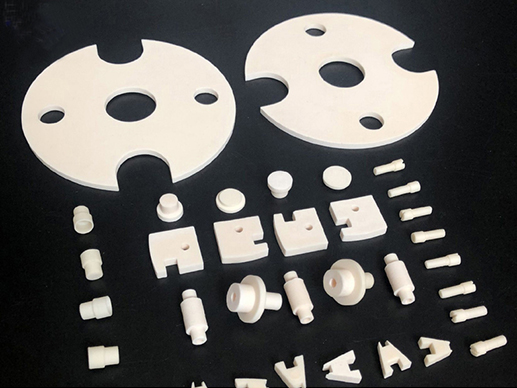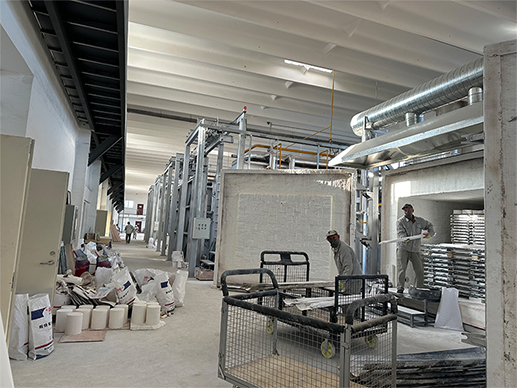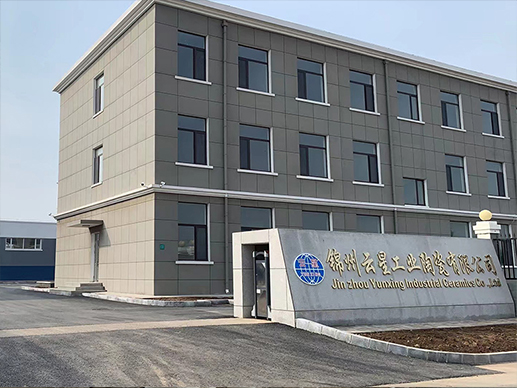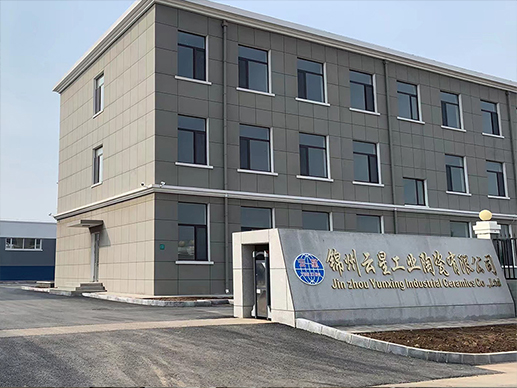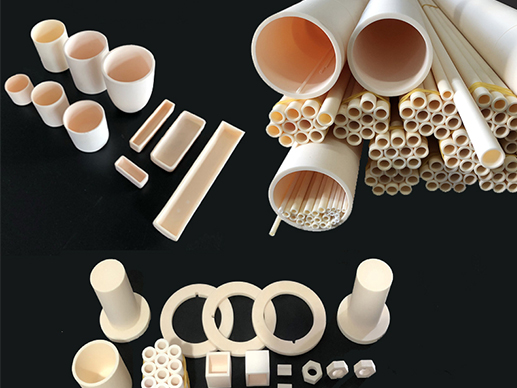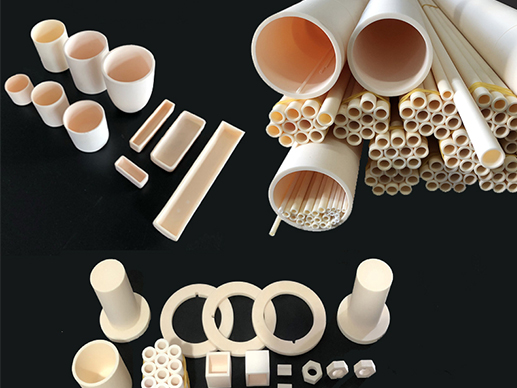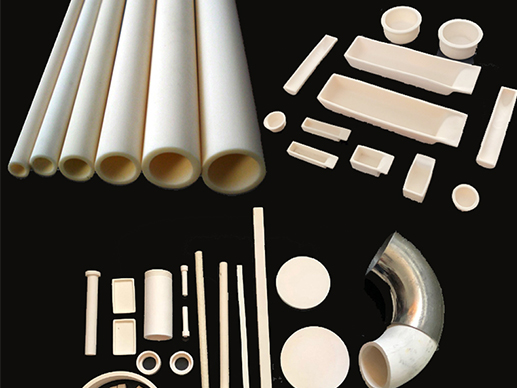12-31/2025
In fact, ferrous materials have long been common wear-resistant options, with manganese steel, white cast iron, and alloy steel being several widely used varieties. However, these materials do come with certain drawbacks. For instance, austenitic manganese steel boasts excellent toughness but is rather difficult to machine.



